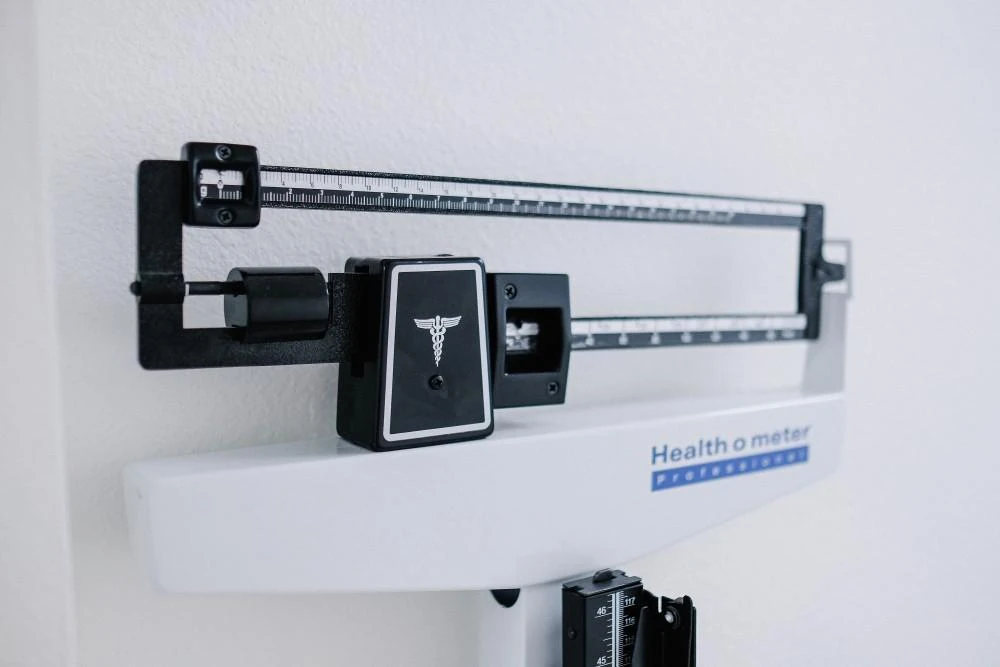
Reaching middle age comes with myriad physical and mental changes — one of which is weight gain. It’s no news that the older we get, the harder it becomes to lose weight and the easier it becomes to pack on the pounds.
At The Bariatric Experts, Dr. Scott Stowers and Dr. Curtis Peery and our team are experts in the field of understanding weight. As you age, your body’s metabolism slows down, muscle mass reduces, and various hormonal changes occur. All these issues can lead to decreased physical activity and energy, making the task of weight control more challenging.
Unfortunately, being overweight or obese can put you at greater risk of cardiovascular disease, Type 2 diabetes, hypertension, and some forms of cancer. That’s why keeping your weight in check is so important for your health.
Here are some ways middle age affects weight control and what you can do about it.
Your body’s hormone balance shifts as you get older, which can affect your metabolism and fat distribution, and ultimately lead to weight gain. Two of the most significant hormonal changes that occur during middle age include:
Menopause causes a sharp drop in estrogen levels, which can lead to weight gain, especially in the midsection.
In men, testosterone levels reduce gradually with age, leading to decreased muscle mass and increased body fat percentage.
Our team can offer recommendations on how to control your hormone imbalances, which can help keep your weight within a healthy range.
Though aging is inevitable, it’s imperative to make necessary lifestyle changes to keep your weight under control.
As you get older, you might have less time for physical activity or become more sedentary; however, that’s when your body becomes less efficient at burning calories. As your metabolism slows down, you can lose an average of 3-5% of muscle mass every decade after age 30, which makes it easier to gain weight.
There are several ways to help you keep your weight within a healthy range. Some lifestyle habits we encourage include:
To accomplish these goals, simply plan your days. Take time to move your body, even if it’s just for 30 minutes of moderately intense exercise. For strength training, consider joining a gym or partnering with a friend to help build muscle by lifting light weights.
When it comes to food, pay attention to your diet. When you shop for groceries, buy nutrient-dense foods, and avoid sugary and processed snacks. Keep healthy options in your refrigerator and pantry.
To manage your stress levels, try options such as meditation, yoga, exercise, or a fun, active hobby like tennis, swimming, or cycling.
For good sleep, stick to a regular sleep schedule, and avoid electronic devices close to bedtime. Create a calming nighttime routine to promote relaxation and quality sleep.
If you encounter significant weight changes, persistent symptoms, or have difficulty controlling your weight, turn to Dr. Stowers, Dr. Peery, and our team. Let us know if you have any questions, and we’ll be happy to answer them.
If you’re looking for ways to control your weight, give us a call at the office nearest you in Frisco or Abilene, Texas, at 940-577-2090. You can also reach us by email at tbe@expertsurgical.com.